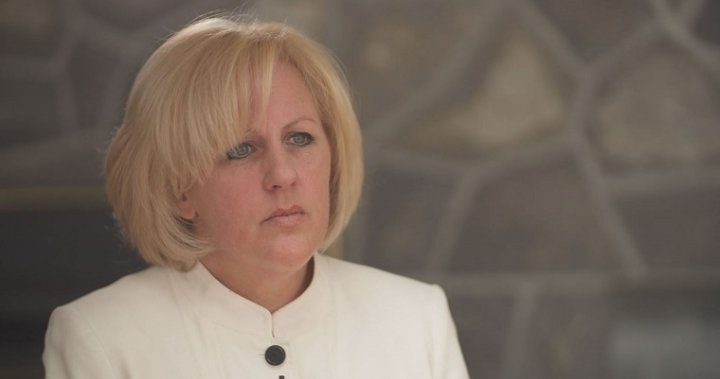@reveng
Speaking of consultants...perhaps the CAF should spring for a romance consultant to teach senior leadership how to find dates outside the office. Or you know, maybe they could demonstrate fiscal stewardship and just go ask your average Cpl or Capt how it's done (Ok, on second thought, just hire the damn consultant...)
The whole issue with this is that often those relationships start out when individuals are of lower rank levels, are often the same rank level and not in each others Chains of Command (CoC) as thus neither has any impact upon the career progression or trajectory of the other.
The CAF is a very large 'workplace' and to expect that we, as people, should be treated differently than any other member of Canadian society or Canadian workplace by being prohibited from, or disgraced by, entering into a
consensual relationship with another CAF member is just not feasible or acceptable.
Whether the couple in question marries or continues dating
may become an issue when one member progresses to rank levels higher than the other, which is certainly not unheard of, if both members are making a 'career' out of their service to Canada. Especially so if the members are of the same trade.
If married, this type of situation is better managed and avoided as the military spouse's details on posting and unit are known by career managers' and reflected on each others' MPRR. If dating, we already have service requirements to 'disclose' a personal relationship that may have impact upon one being posted in to a position of seniority over the other so that the situation can be mitigated. Not disclosing such can already be considered a possible service offence. This situation is mostly experienced when both individuals are members of the same trade or Branch. Or, when one of the members is promoted to a high enough rank level to be selected for a position, key position, or senior appointment (and that is certainly not just relevant to Commissioned Officers within the CAF) that would see the 'selected' individual chosen to serve in a post that
may, would or could see opportunity to exert undue influence and must ethically be disclosed and reported. In the selection process, the individual being considered is often employed outside of their Trade, Branch or Environment and
that fact itself may then inadvertently cause their respective partner to then somehow fall under their possible influence regarding career path or trajectory. It should be reported and steps taken to mitigate any opportunity to influence - negatively or positively.
Although I am not married to my partner, we began dating when we were the same rank level. We were different trades and not employed within the same Unit. We were members of the same Mess on base though (egads - that's the bar we met in) - and there's thousands out there who belong to Messes who could meet their other half in exactly the same manner (and many service couples I know have the same back-story). Eventually, I progressed up the ranks and out-ranked him. When posted to Edmonton, I was selected for, and offered, a Senior Appointment in Ottawa as a Formation CWO and it was not until that point in time that, and we'll call him my
hubby anyway, my hubby would have fallen within the same CoC as I would have had I accepted as he was already serving in Ottawa in a position within that Command.
Before accepting, I ensured those who made my 'selection' were aware of exactly who he was and where he worked and allowed them to decide whether they still wanted me and how to mitigate. I suggested that it could be mitigated by having someone else perform any admin or disciplinary investigation that may involve him or his work and that I not participated in any boards (H&A, Merit etc) that involved military personnel of the same rank as him. Thus, I could not exert positive influence for him, nor negative influence of his peers. That was deemed to be acceptable mitigation and I went in as the FCWO. The processes that we already have in place for this type of situation worked.
The issue is
not with consensual relationships between service members where our current processes are followed by both members (disclosure etc).
The issue is with non-consensual relationships, consensual-beginning relationships that devolve into non-consensual ones, abuse of authority situations, or non-disclosed personal relationships. We also have a system to deal with the offenders in any of these situations too and we call it the NDA. Operation HONOUR is about education and informing of personnel of the above inappropriate sexual behaviors, the encouragement of one's ability to report such safely without fear of reprisal whoever the offender should happen to be, prevention of the ability of an offender to hide under cover of rank or position or cover-up by CoC, and the instilling of confidence in ALL of our victim-personnel that we truly have their six and can protect and look after each other.
If nothing else, the latest serves to highlight that no-one is above scrutiny and/or investigation when allegations are made - that people now feel safe to make an allegation about a superior if they feel it necessary. All in, we've come a hell of a long way since I joined in the 80s where doing so would be unheard of.



